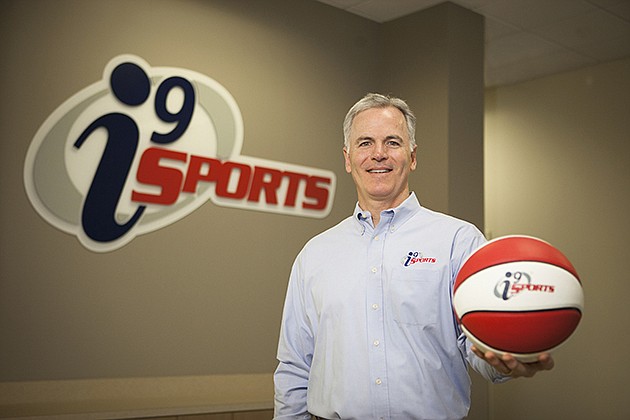- November 24, 2024
-
-
Loading

Loading

People don't typically think of sports companies as high-tech.
But technology is i9 Sports' competitive advantage.
The Tampa-based youth sports league franchise uses its homegrown software, Franchise Manager, to help franchisees track registrations, rosters and schedules. Franchise Manager, also a mobile app, provides access to all the tools for i9 Sports franchisees on the fields, eliminating the need to print out registrations or lists. “There's nothing else like it,” says i9 President and COO Brian Sanders.
The system is also smart enough to recognize the territory people are calling about when they dial into the Tampa call center. Though the customer service center is supporting all franchisees, “the customer doesn't know it is centralized,” Sanders says; they assume they're talking to someone down the street. Sanders declined to estimate how much it cost to create Franchise Manager, but he says it's all in-house, and requires two full-time programmers.
There are 130 i9 locations nationwide, spanning from Hawaii to New York. In 2014, i9's network revenue growth was 23%, with same franchise unit growth of more than 18%. In 2015, the company expects to see double-digit growth again.
“We're in a great situation right now with tremendous growth, and there's still a lot of the country yet to penetrate and build out,” Sanders says.
That includes the West Coast, Northeast and Midwest, he adds. With the existing market opportunity, Sanders believes the company will double its network over the next three years.
But opening additional locations isn't first on the company's priority list, Sanders says. “Any organization can grow by opening new locations,” he says, “but the real test of the health of the organization is if the current locations are growing.”
The company instead focuses on ways to make the business, and its systems, easy to operate and efficient.
New franchisees, for example, attend a one-week training course at i9 University, where the first lessons are on the company's culture and customer experience. The second phase of training includes a visit to a fully operating site, right before the new franchisee's opening day. The initial investment and startup costs for an i9 franchise range from $45,000 to $70,000.
Each franchisee is also assigned a business coach. For franchisees' first year, they have biweekly calls with a coach. From there it's a monthly call, or as often as needed based on the individual, according to Sanders.
The company sends out an annual benchmark survey, where franchisees submit profit and loss statements, the amount of time they've been in the network, revenue and other data points. Units are then assigned to a group with other franchisees of similar size and life stage. In the groups, franchisees learn about ways to share costs or cut rental fees. “It's paying dividends to keep working with the franchise owners on how to make the most out of their investment,” Sanders says.
The worst decision ever made at i9 was trying out a “part-time model,” says Sanders, where people could work in their regular jobs during the initial startup phases. “But they were never invested full time,” Sanders says, “and it failed miserably. You have to be all in.”